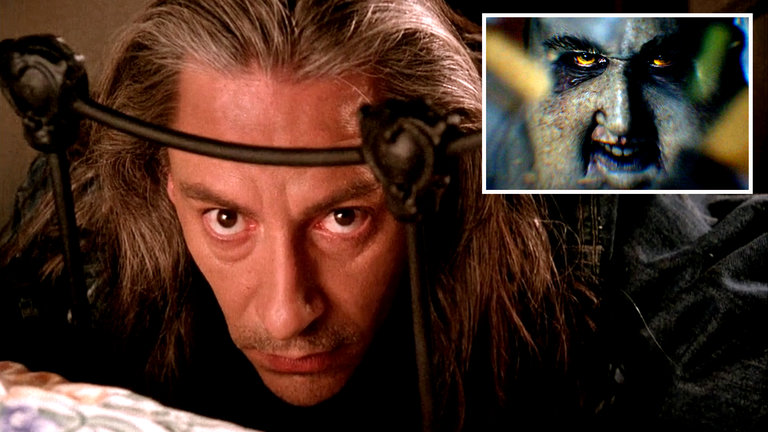
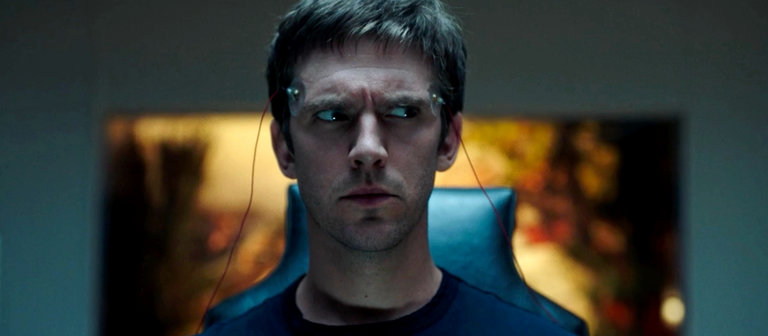
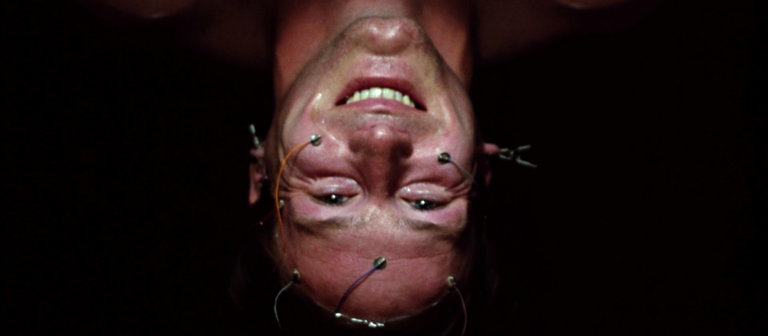
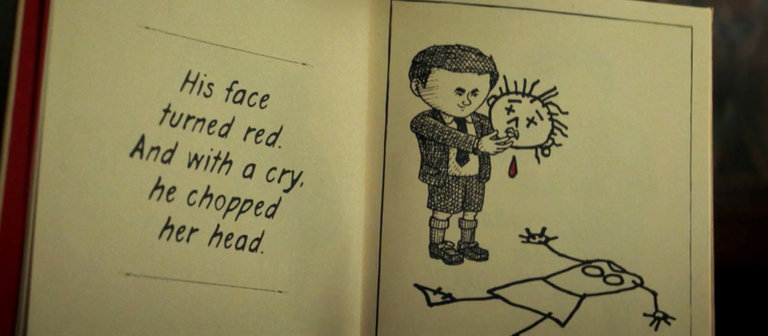
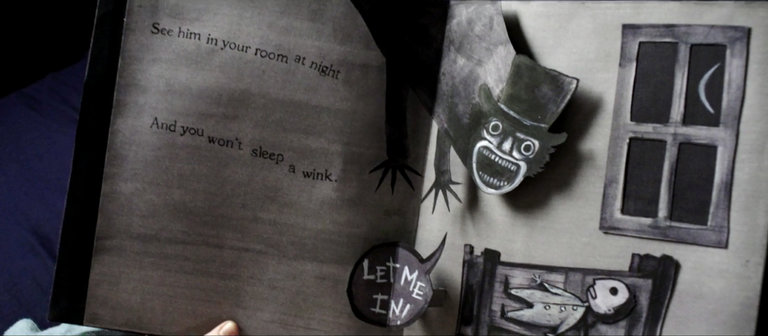
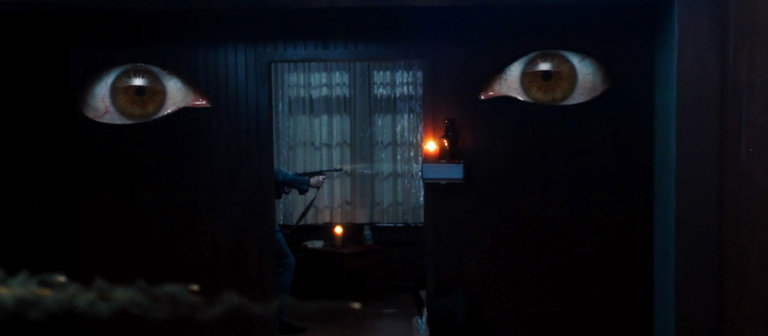
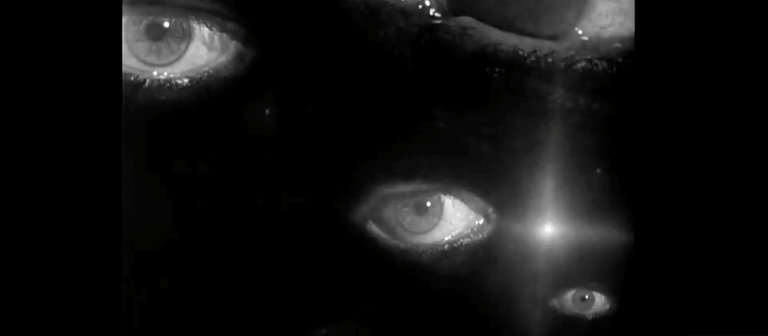
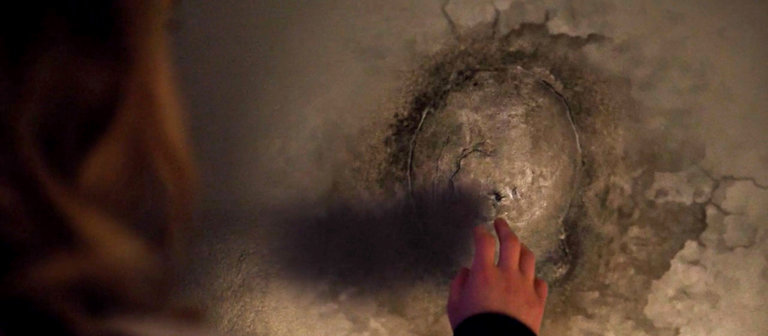
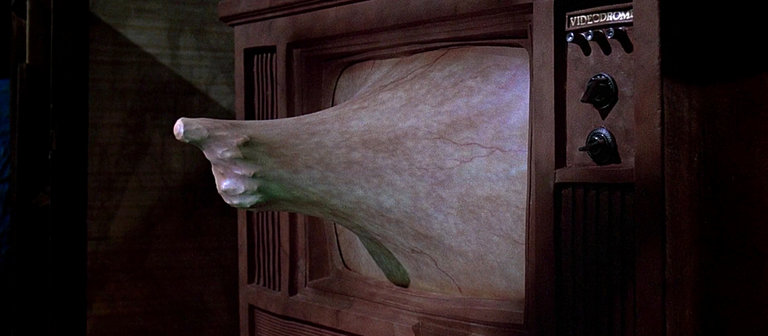
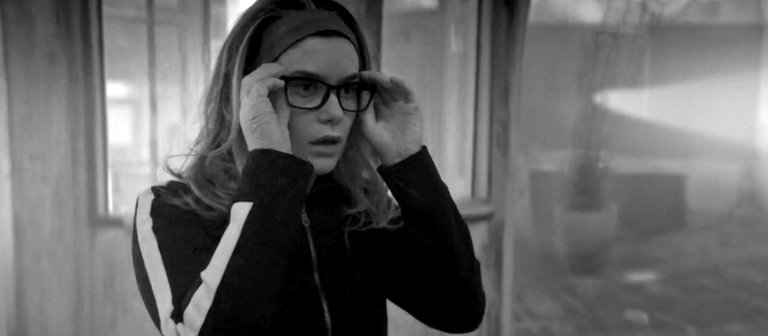
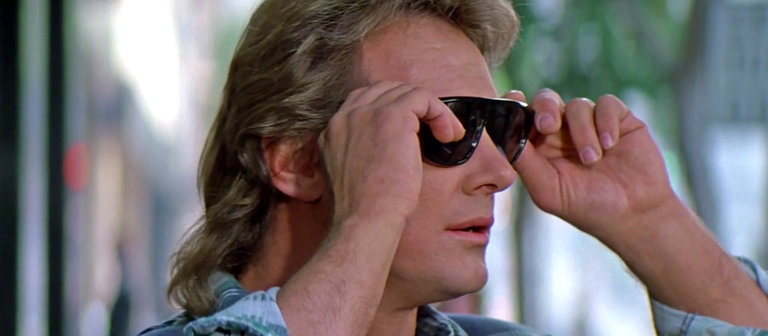
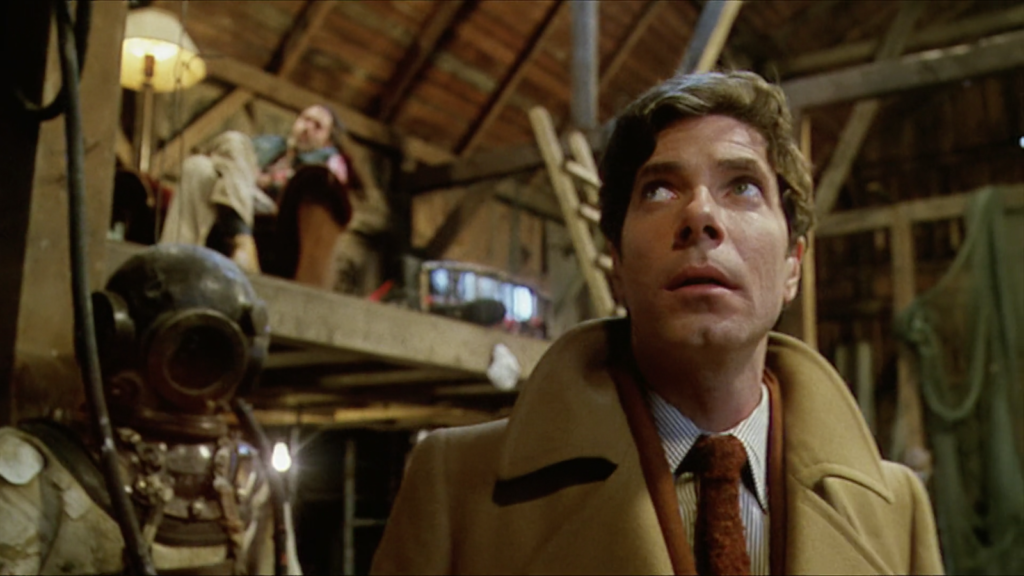
While Lynch gets the “Legion”-related headlines, another director named David seems to have left an even deeper mark. That would be David Cronenberg, who made a name for himself with a series of body-horror films that depicted the disturbing interplay between mind and matter, often with a conspiratorial backdrop of sinister secret agencies or killer corporations out to harness psychic power for their own ends.
“Legion” paints in shades of Cronenberg’s “Videodrome,” with its pulsating inanimate objects; “Shivers,” with its parasite imagery; “The Brood,” with its story of a powerful telepath under the care of a manipulative therapist (played by Oliver Reed, who may have lent both his name and his machismo to the guru figure Oliver Bird); and most especially “Scanners,” with its all-out war between rival psychic factions and a protagonist who’s telepathically tormented by the voices in his head. (“Scanners” also features a blink-and-you’ll-miss-it appearance from a very familiar-looking deep sea diver suit).
I wrote about David Cronenberg, David Lynch, and Legion’s other major horror influences for the New York Times. I have my beefs with Legion, but it’s porting its horror references into a whole different genre, as opposed to Stranger Things, which is just reheating them in the microwave and trying to pass of leftovers as a fresh-cooked dish.
Tags: David Cronenberg, david lynch, horror, legion, Marvel, movie reviews, movies, reviews, TV, TV reviews
